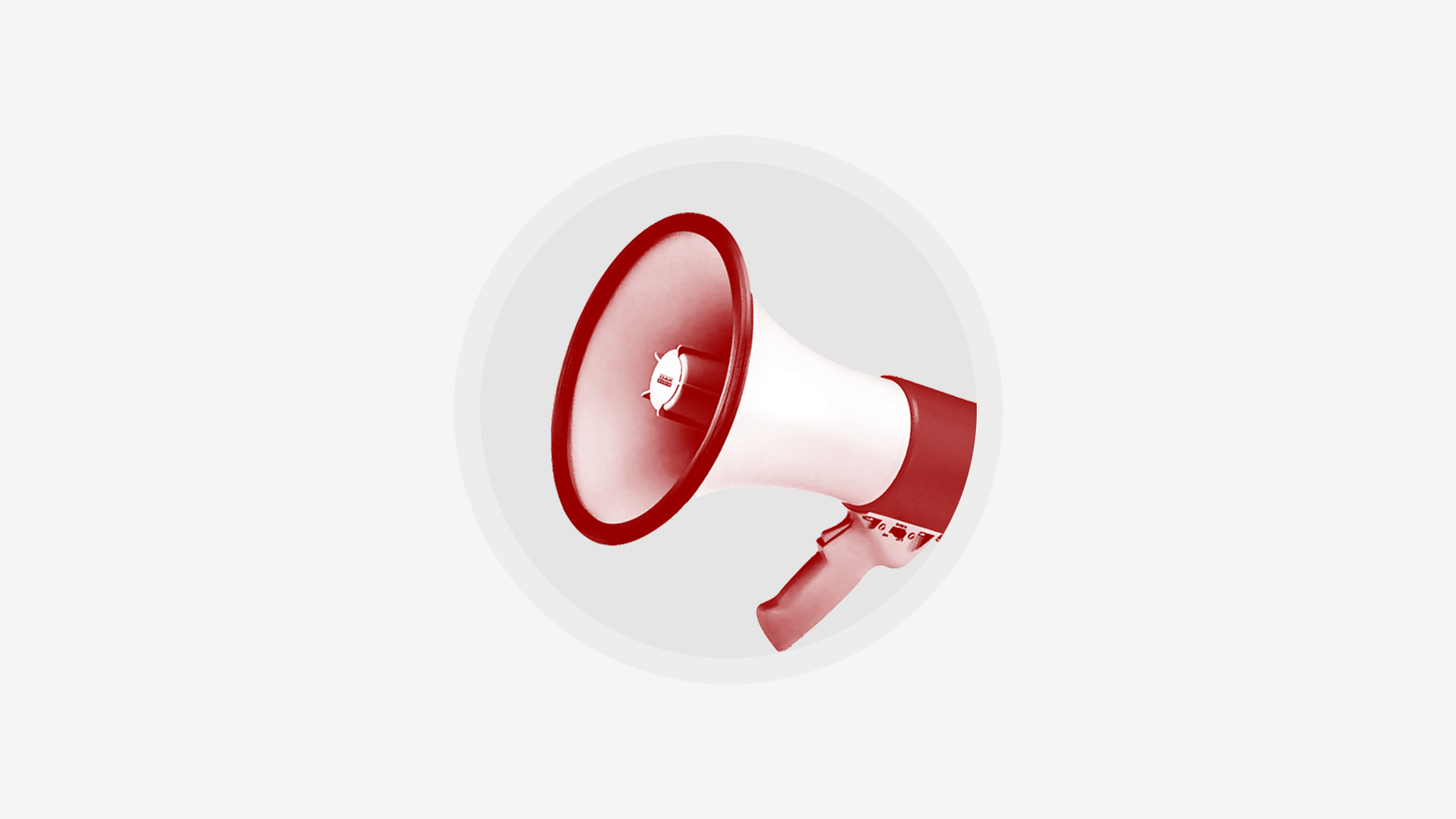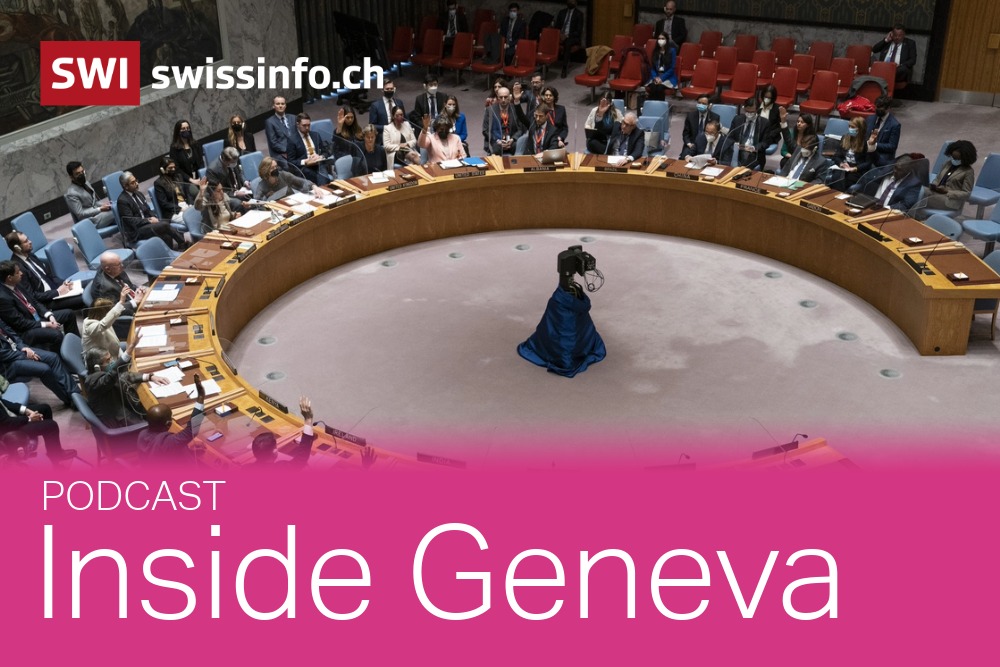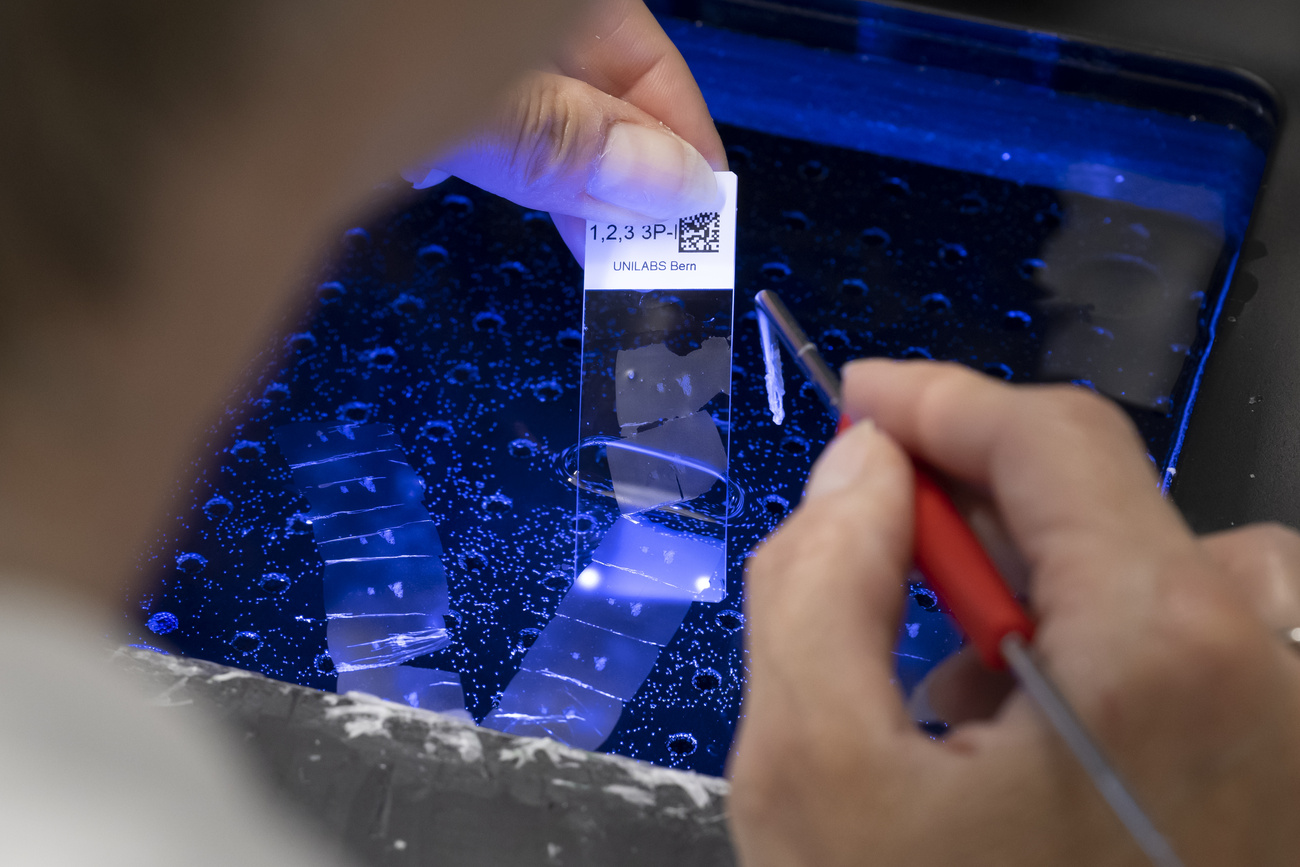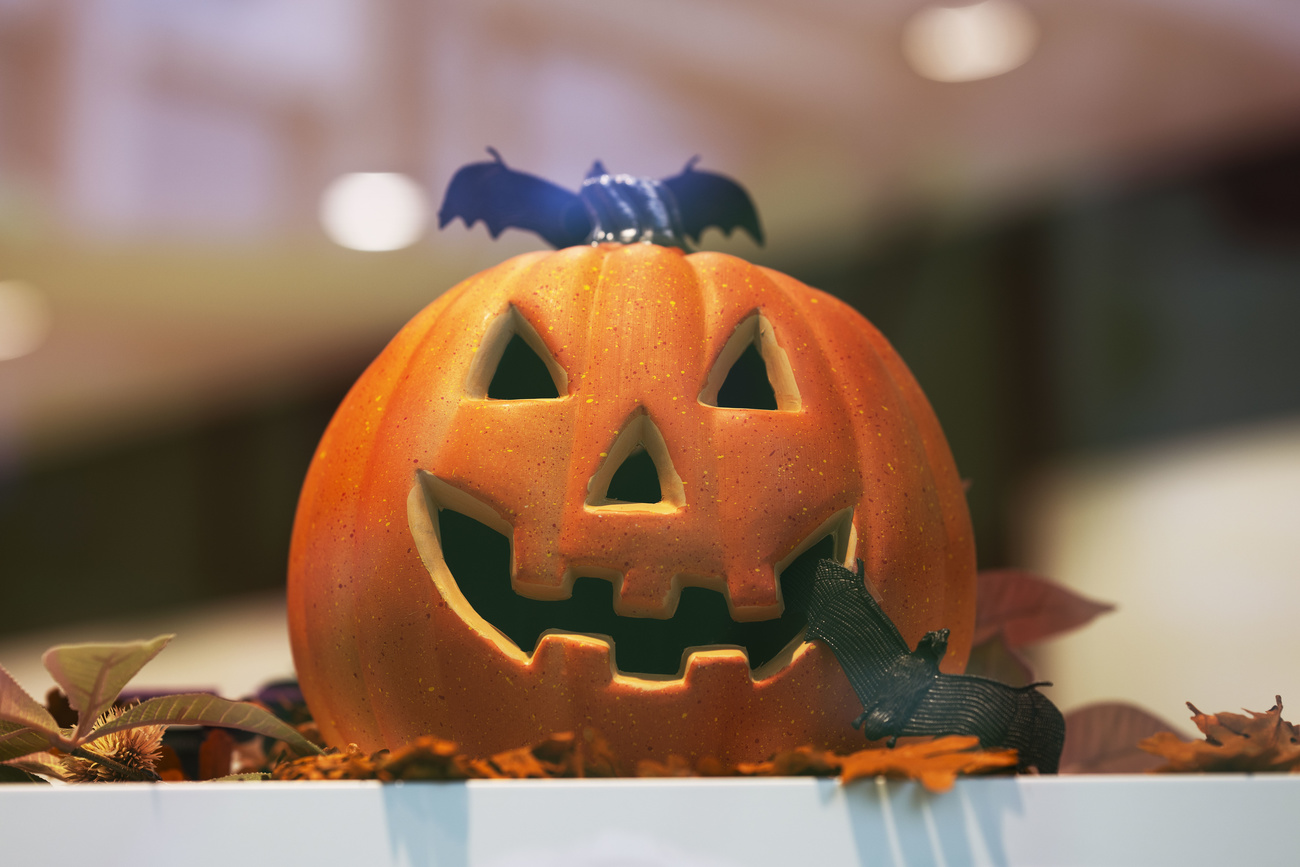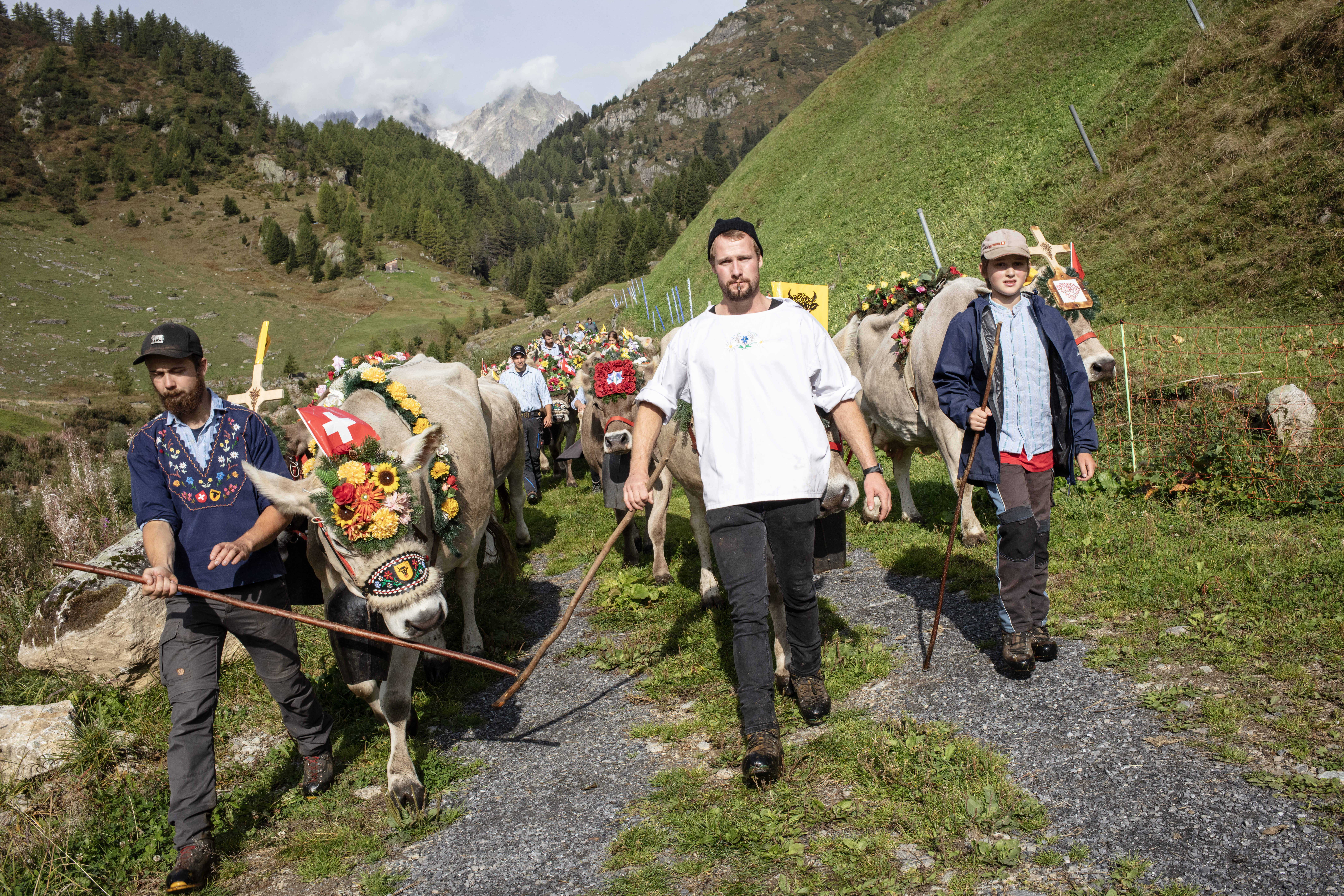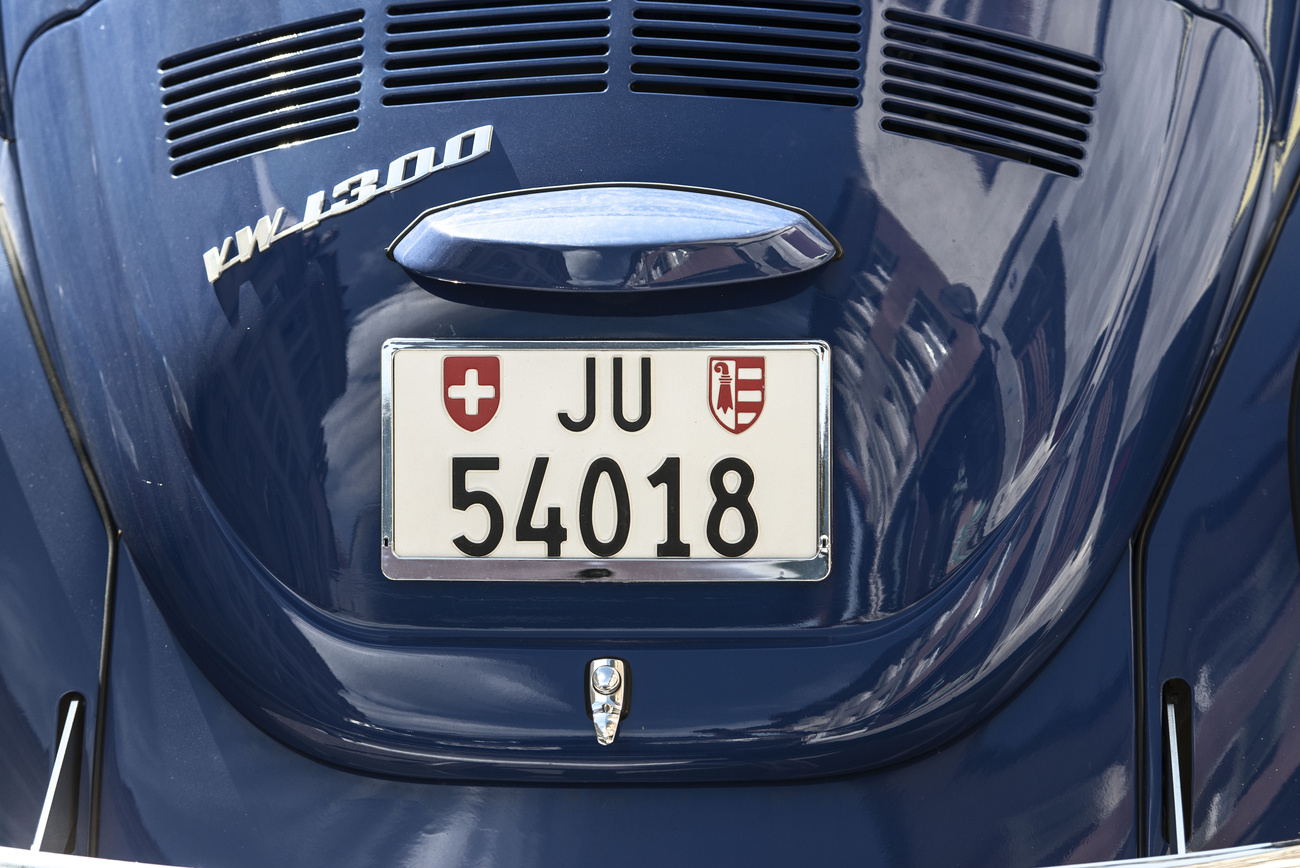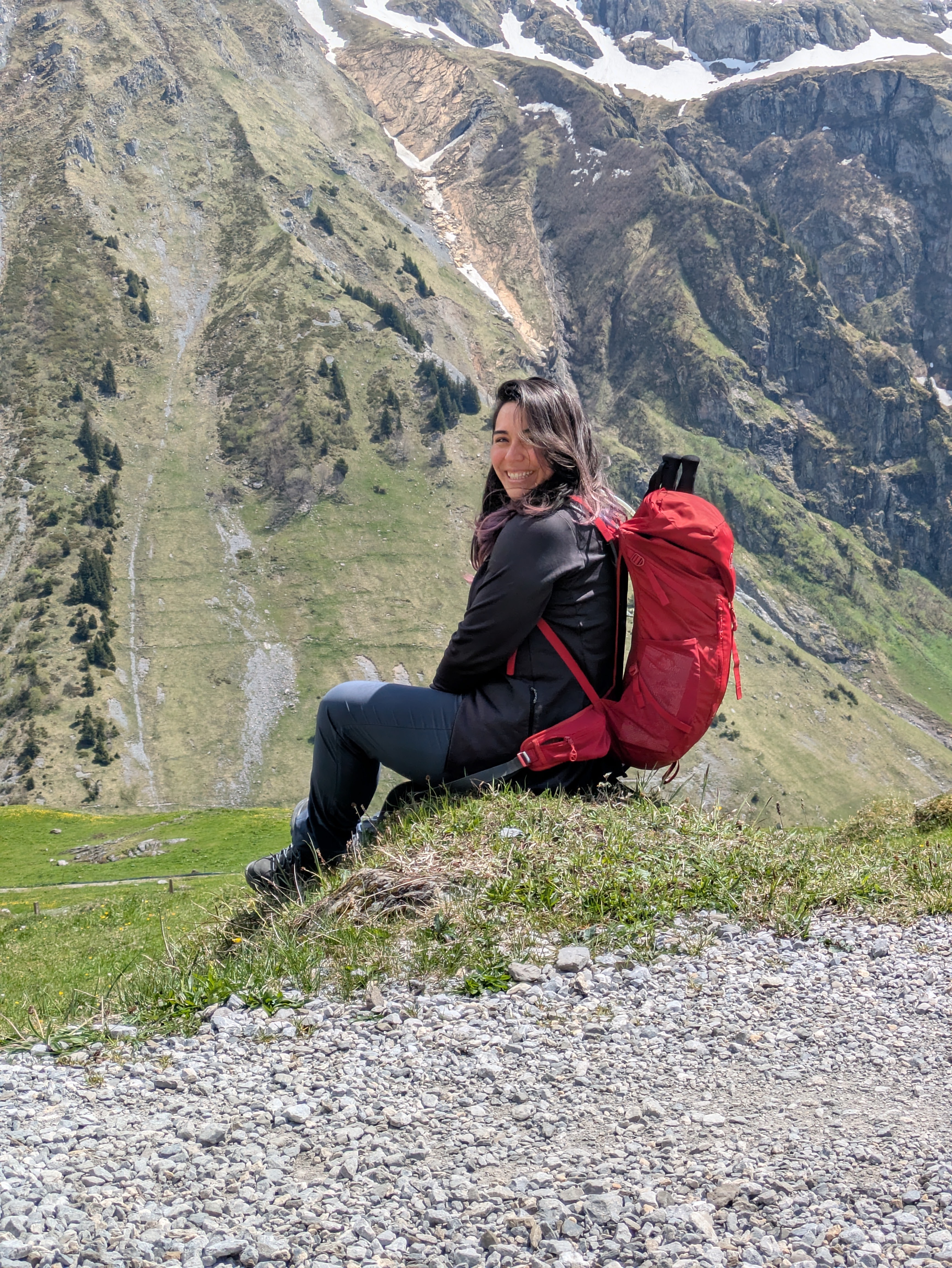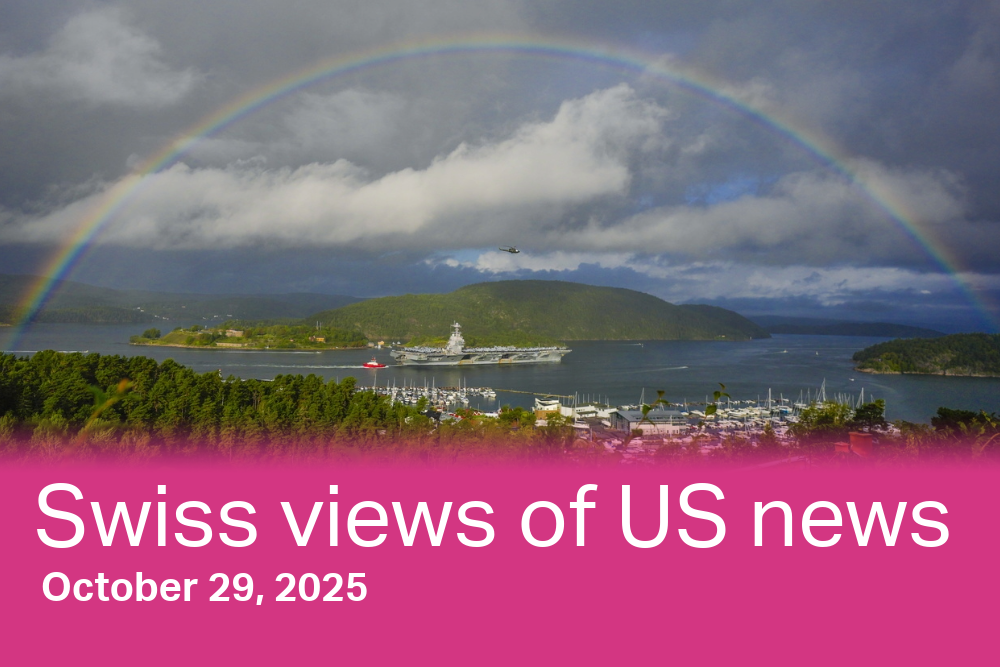
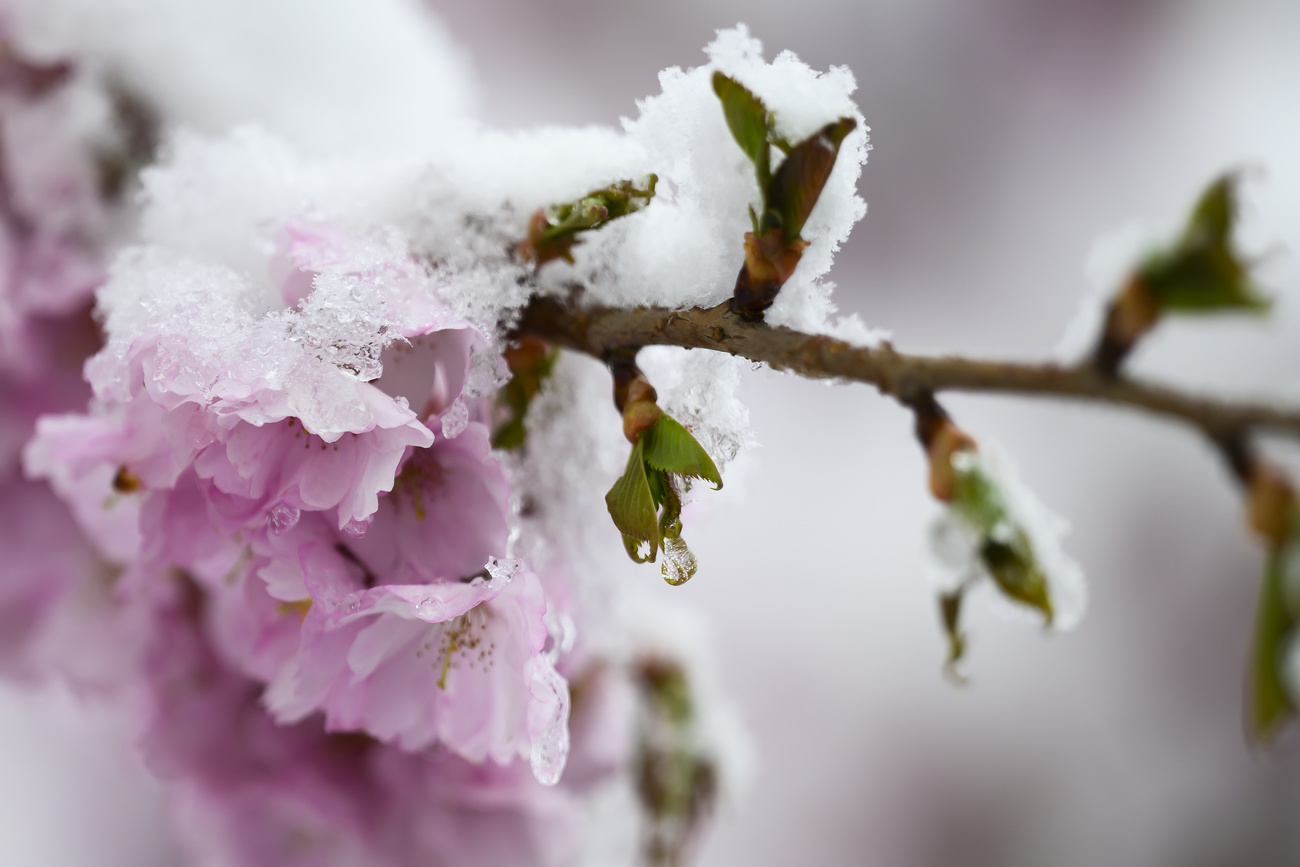
Switzerland today
Greetings from Bern,
There is a chill in the air and it doesn’t quite feel like spring here. There are some upsides to a cold front though: blood-sucking ticks will have to wait a while to feast on us.
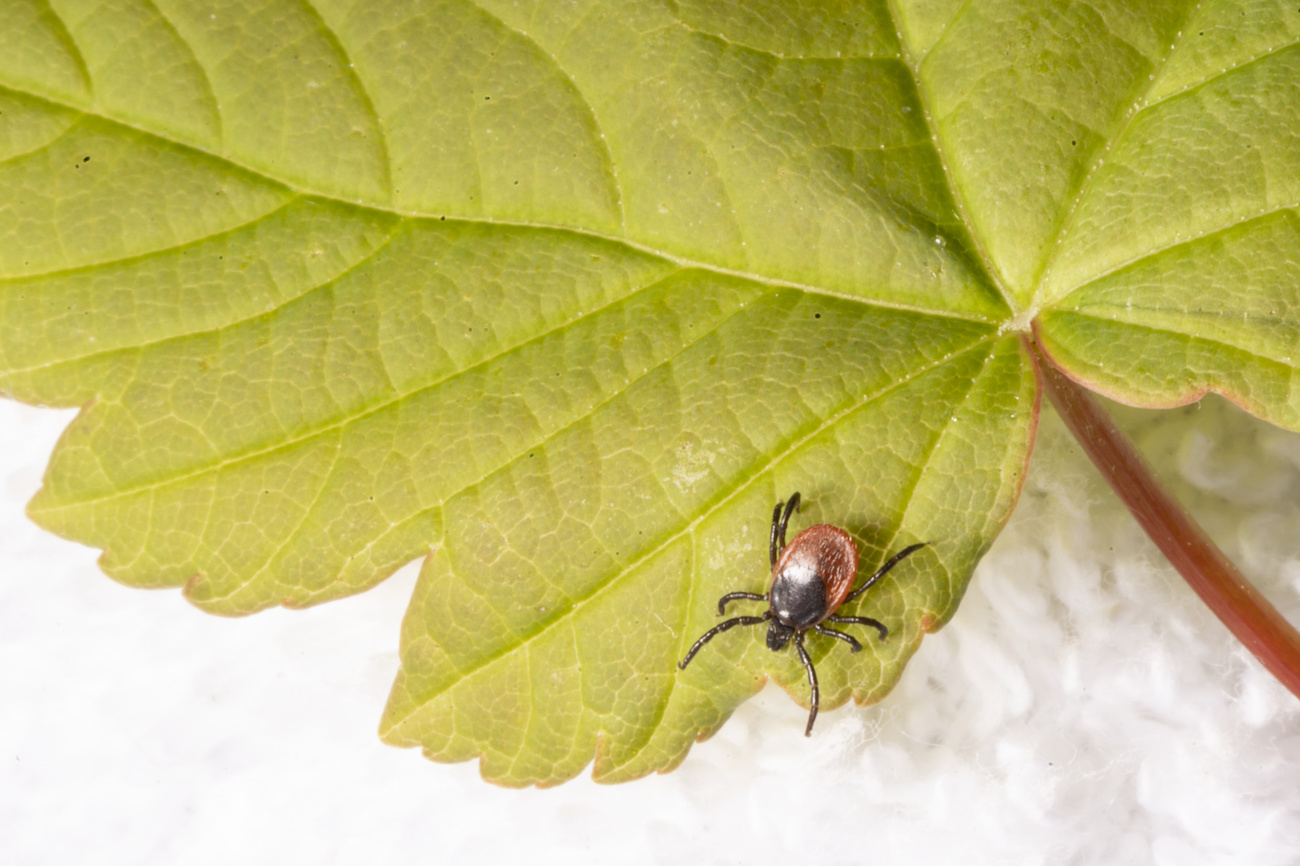
In the news: Uptick in ticks, bad eggs and more Russian sanctions
- Hikers and walkers beware! Ticks are expanding their territory in Switzerland. Climate change could be responsible for the uptick in numbers and prevalence, but weather also plays a crucial role.
- Easter is almost upon us which means it is time to stock up on chocolate eggs. But not those made by Italian confectioner Ferrero. The company has recalled almost 40 productsExternal link from the Swiss market following internationally reported cases of salmonella bacteria in its sweet treats.
- The European Union is scheduled to announce the fifth round of sanctions against Russia. Switzerland, which has been criticised for not doing enough to block oligarchs’ bank assets, will have to decide if it follows the EU’s lead.
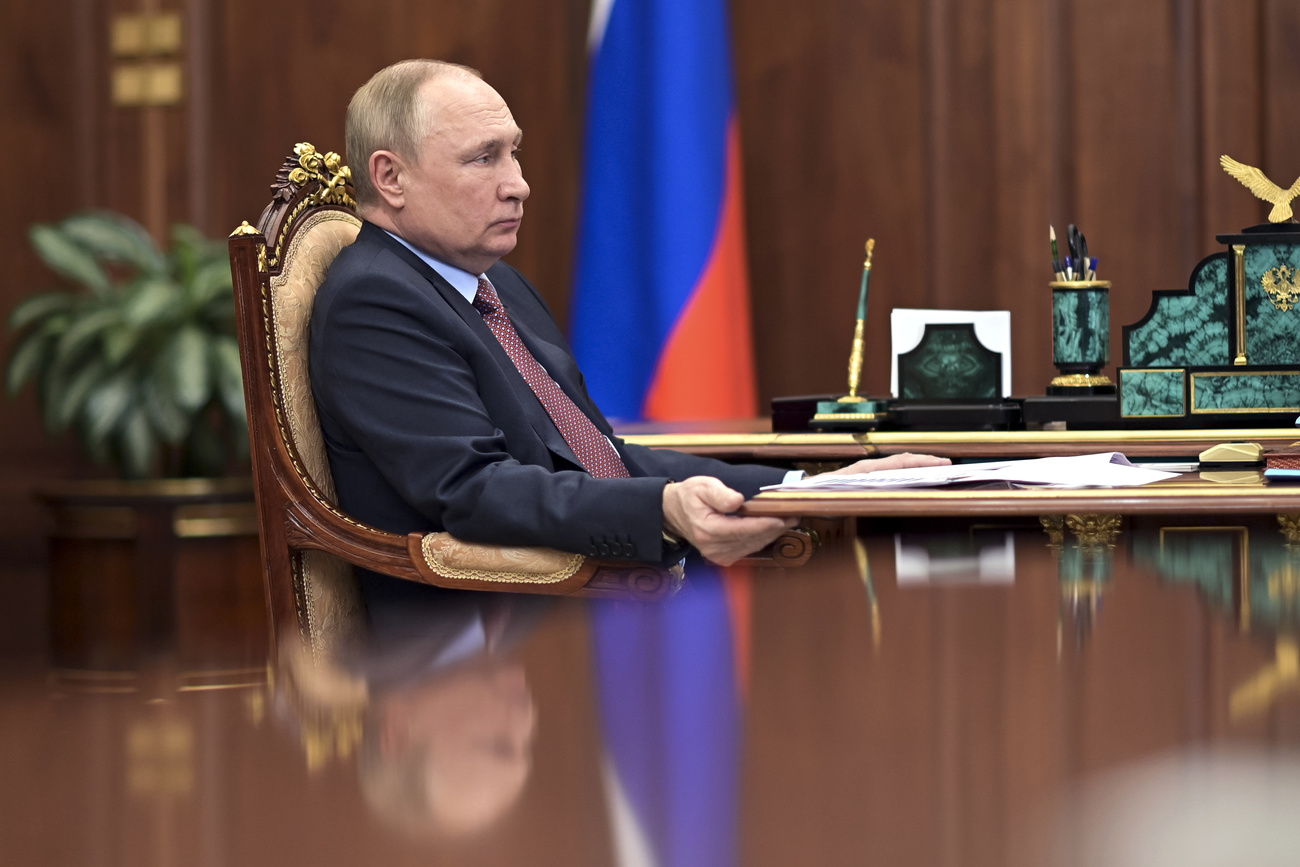
Ukraine war analysis: First assessment from Swiss security researchers
The Centre for Security Studies at Swiss Federal Institute of Technology in Zurich (ETHZ) has just publishedExternal link its first assessment of the war in Ukraine. The researchers raise the unpopular question of whether sanctions against Russia are affecting decision-making by Russian President Vladimir Putin.
Will offering to ease sanctions before a complete Russian exit from Ukraine encourage good behaviour or make it worse? It seems there is no stomach to try carrots right now, only sticks.
“The pure logic of ‘punishing Russia’ may thus prevail,” conclude the authors.
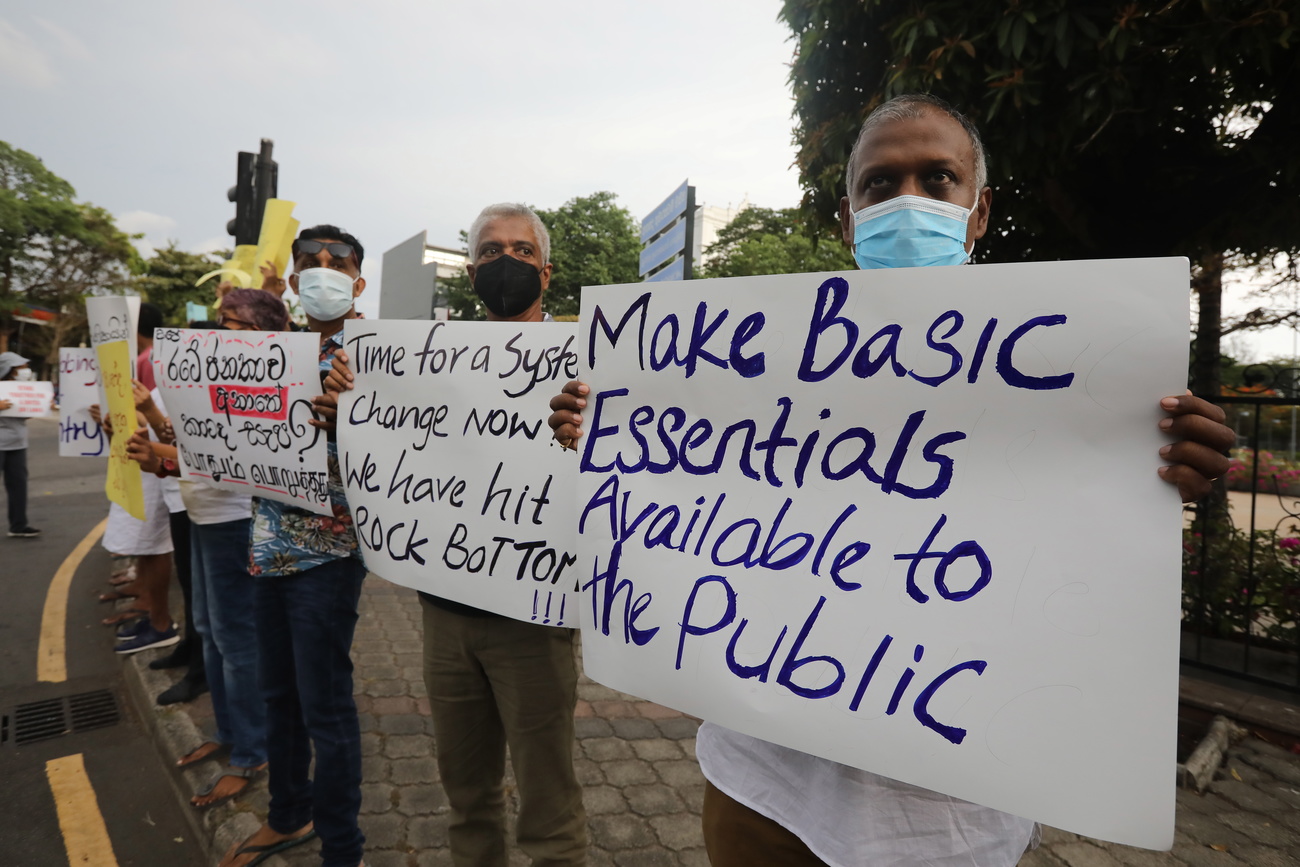
In depth: Can a country go 100% organic?
Confronted with the monumental tragedy in Ukraine, it is easy to overlook the smaller tragedies unfolding around the world. For example, not many will be aware that the island nation of Sri Lanka is experiencing a crisis. Food, electricity and gas shortages caused by low foreign exchange reserves has left ordinary Sri Lankans in dire straits. There are even warnings of imminent starvation if the situation is not reversed soon.
I’ve been following the Sri Lankan crisis closely because the decision by its president last year to ban the import and subsidies of expensive chemical fertilizers is the peg for my story on organic farming. I wanted to find out if a cost-cutting measure could make Sri Lanka a role model for a transition to organic agriculture. The reality is always more complicated and messier than the vision.

In compliance with the JTI standards
More: SWI swissinfo.ch certified by the Journalism Trust Initiative
